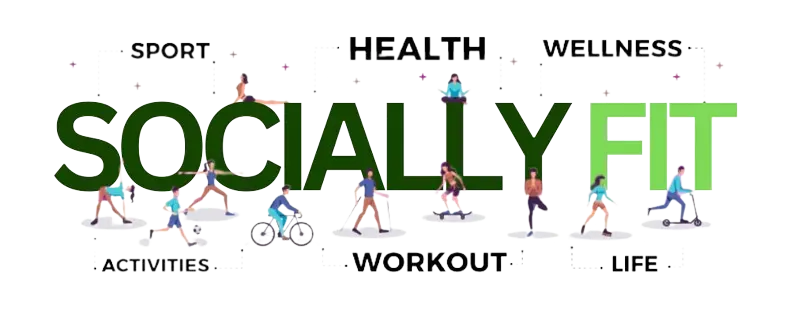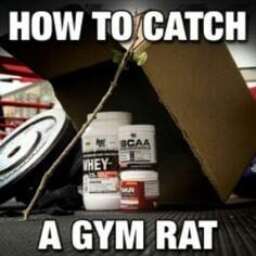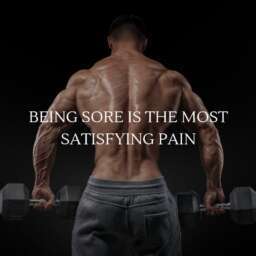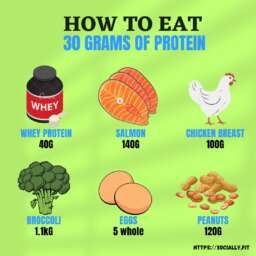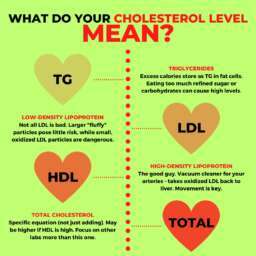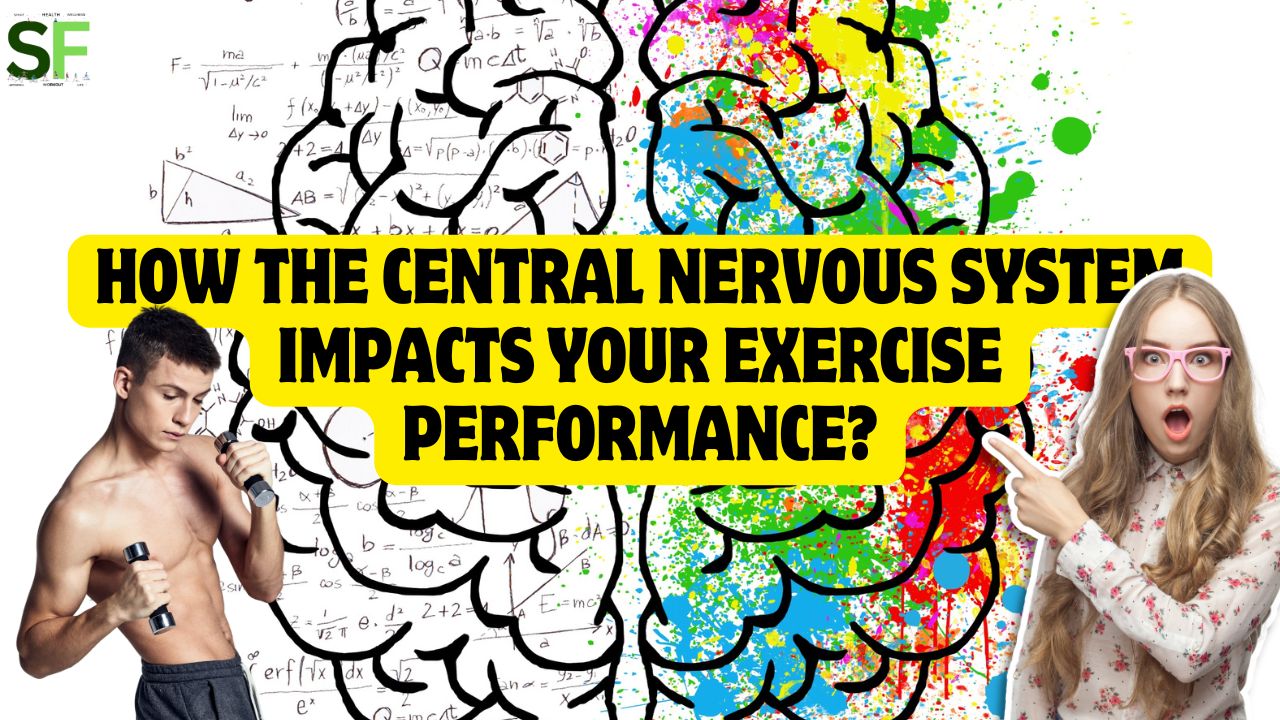How the Central Nervous System Impacts Your Exercise Performance
Ever felt like your brain and body just weren’t on the same page during your workout? Like your muscles were fired up, but something just felt… off? It might not be your muscles that are tired—it could be your central nervous system. Yup, your central nervous system (CNS) has a huge impact on how you perform during exercise.
In this post, we’ll break down what the CNS is, how it’s connected to your fitness goals, and what you can do to train smarter—not just harder. Don’t worry, no science degree required!
What Is the Central Nervous System (CNS)?
Let’s start simple. Your central nervous system is basically your body’s command center. It includes:
- Brain – The CEO of all body operations
- Spinal cord – The information superhighway connecting your brain to the rest of your body
Together, they control everything from muscle movements to your balance and reflexes. When you decide to lift weights, sprint, or even stretch, your CNS is running the show behind the scenes.
How the CNS Connects to Exercise
When you work out, it’s not just your muscles doing the heavy lifting—your central nervous system is doing a ton of work too. Every time you:
- Perform a new movement (like trying a new yoga pose)
- Lift heavy weights at the gym
- Push through a cardio session
—your brain and spine are sending lightning-fast signals to your muscles, telling them when to contract and relax. Think of the CNS as the electrical wiring between your willpower and your biceps.
What Happens When Your CNS Gets Tired?
Yes, your CNS can get tired too—and it’s called central fatigue. Ever had an off day at the gym where everything just felt harder? Maybe you couldn’t lift as much or your movements felt sluggish. That’s a sign your CNS is worn out.
CNS fatigue can be triggered by:
- Too many intense workouts without enough rest
- Poor sleep and nutrition
- High stress levels
Unlike muscles, you can’t see CNS fatigue. But you can definitely feel it. Your coordination suffers, you may feel mentally foggy, and motivation goes out the window. That’s your CNS waving a white flag.
Signs You Might Be Experiencing CNS Fatigue
- Every workout feels tougher than the last
- You’re unusually tired—even after a full night’s sleep
- Struggling to focus during training
- Feeling sore longer than usual
- Decreased strength or stamina
If you’re ticking a few of these boxes, your body might be telling you it’s time to cut back and let your CNS recover.
Why Understanding the CNS Matters for Your Fitness Goals
Think of training your body like managing a team. Your muscles might be strong workers, but your CNS is the boss who keeps them in line. If the boss is overwhelmed, the whole team slows down.
Here’s the thing: Even the best muscles in the world won’t perform well if your brain and spine aren’t on point. That’s why paying attention to your CNS is a game-changer for reaching your fitness goals, especially if you’re training for:
- Strength and power (think weightlifting or sprinting)
- Endurance sports (like running or cycling)
- Skill-based activities (martial arts, yoga, dance, etc.)
A strong, well-rested CNS means faster reaction times, smoother movements, and better coordination. Not to mention, it’s crucial for avoiding injury.
How to Support Your CNS and Boost Performance
Luckily, taking care of your central nervous system doesn’t mean overhauling your routine. It just means being smart about recovery and paying attention to how your body feels. Here are some tips:
1. Get Quality Sleep
Sleep is like rebooting your system. During deep sleep, your brain repairs and recharges. Aim for 7–9 hours a night—and yes, that means skipping Netflix binges sometimes.
2. Schedule Recovery Days
Your body needs time to bounce back. Include at least one or two rest or light activity days each week. Walking, stretching, or yoga can help your CNS recover without being too intense.
3. Rotate Intensity Levels
Not every workout needs to be a killer. Mix high-intensity days with moderate or low-intensity sessions. This keeps your CNS fresh and avoids burnout.
4. Eat to Fuel Your Brain
Did you know your CNS runs on glucose? Eating balanced meals with healthy carbs, fats, and proteins helps keep your system running smoothly. Don’t skip meals or under-eat if you’re training hard.
5. Don’t Ignore Stress
Stress doesn’t just mess with your mind—it messes with your nervous system too. Try incorporating meditation, journaling, or breathing exercises into your wellness routine.
| Aspect | Explanation |
|---|---|
| CNS Role in Muscle Activation | The CNS (brain and spinal cord) sends signals to muscles to initiate and control contractions, determining the strength and coordination of movements. It recruits motor units for muscle activation critical during exercise. |
| Neuromuscular Coordination | CNS ensures smooth and coordinated muscle actions by controlling the timing and intensity of muscle contractions. This coordination optimizes movement efficiency and prevents injury. |
| CNS Fatigue | Prolonged or intense exercise can lead to CNS fatigue, reducing motor unit recruitment, reaction time, coordination, and overall power output, thereby impairing performance and recovery. |
| Neuroplasticity and Adaptation | Regular exercise promotes neuroplasticity, enhancing synaptic connections and neurotrophic factors (e.g., BDNF), which improve motor learning, cognitive function, and long-term performance gains. |
| CNS and Reaction Time | The CNS controls sensory processing and response initiation. Efficient CNS function improves reaction times essential for sports and dynamic activities. Fatigue can slow these down. |
Real Talk: My Personal Experience with CNS Burnout
Not long ago, I was pushing myself through 6 intense gym sessions a week, on top of work and life stress. At first, I felt unstoppable. But soon, I noticed my reaction times slowing down, motivation dropping, and weights that were once manageable felt like lead.
Turns out, I wasn’t just physically tired—my central nervous system was fried. Once I started planning recovery days, improving my sleep, and easing up on the non-stop intensity, things changed. My energy bounced back. I lifted stronger. I moved better—and I enjoyed working out again.
Recommended Weight Loss Support:
NAGANO TONIC!

While Blue Apatite can be an effective part of your weight loss journey, supporting your efforts with the right supplements can make a significant difference. We recommend NAGANO TONIC, a natural supplement designed to complement weight loss treatments.
Why Choose NAGANO TONIC?
- Enhanced Metabolism: Boosts your metabolism to help burn calories more efficiently.
- Appetite Control: Helps curb hunger cravings, making it easier to stick to a calorie-reduced diet.
- Energy Boost: Provides a natural energy lift without the jitters, helping you stay active and motivated.
Special Offer:
For a limited time, you can get a 3 Incredible bonuses + FREE SHIPPING on NAGANO TONIC when you purchase through our affiliate link. Start supporting your weight loss goals today!
https://leanbodytonic.com/?hopId=fa8cc9d4-746f-47eb-9bd1-74d331a5e58b
Explore our curated list of weight loss products and supplements that align with your health and fitness goals. These products are trusted by users worldwide and have proven to support weight loss efforts when used correctly.
FAQs
Here are 5 frequently asked questions (FAQs) related to the topic “How the Central Nervous System Impacts Your Exercise Performance”:
-
What role does the Central Nervous System (CNS) play in exercise performance?
The CNS controls muscle activation and coordination by sending signals from the brain and spinal cord to muscles, directly affecting strength, precision, and efficiency during exercise. -
How does CNS fatigue affect athletic performance?
CNS fatigue from prolonged or intense exercise reduces neural signaling efficiency, leading to decreased muscle activation, slower reaction times, impaired coordination, and reduced power output. -
Can regular exercise improve CNS function?
Yes, consistent exercise promotes neuroplasticity and enhances brain function, improving motor learning, coordination, cognitive abilities, and overall exercise performance. -
Why is recovery important for the CNS after intense workouts?
The CNS requires time to recover from fatigue caused by high-intensity workouts. Adequate recovery prevents performance decline and supports muscle activation and coordination in subsequent sessions. -
How does the CNS influence reaction times during sport or exercise?
The CNS processes sensory input and initiates motor responses. Efficient CNS function results in faster reaction times, which is critical for sports and activities requiring quick responses.
Final Thoughts: Train Smarter, Not Just Harder
Taking care of your central nervous system is like giving your body a tune-up. Sure, muscle gains are awesome. But if your CNS isn’t firing properly, those gains are going nowhere fast.
So next time you’re planning your workouts, remember—your brain and spine need love too. Tune in, rest up, and keep training smart and strong.
Quick Recap: How to Keep Your CNS Healthy
- Prioritize sleep for nightly recovery
- Mix up workout intensity to prevent burnout
- Eat well to fuel both muscles and brain
- Manage stress with mindfulness routines
- Take rest days seriously—your body and nervous system will thank you!
Want better workout results? Start from the top—your central nervous system—and watch everything else fall into place.
Click here to know more about weight loss. Subscribe to Workout with Hunar for weight loss and workout videos.
Listen to your body, trust the signals, and remember: sometimes your brain just needs a break too.
